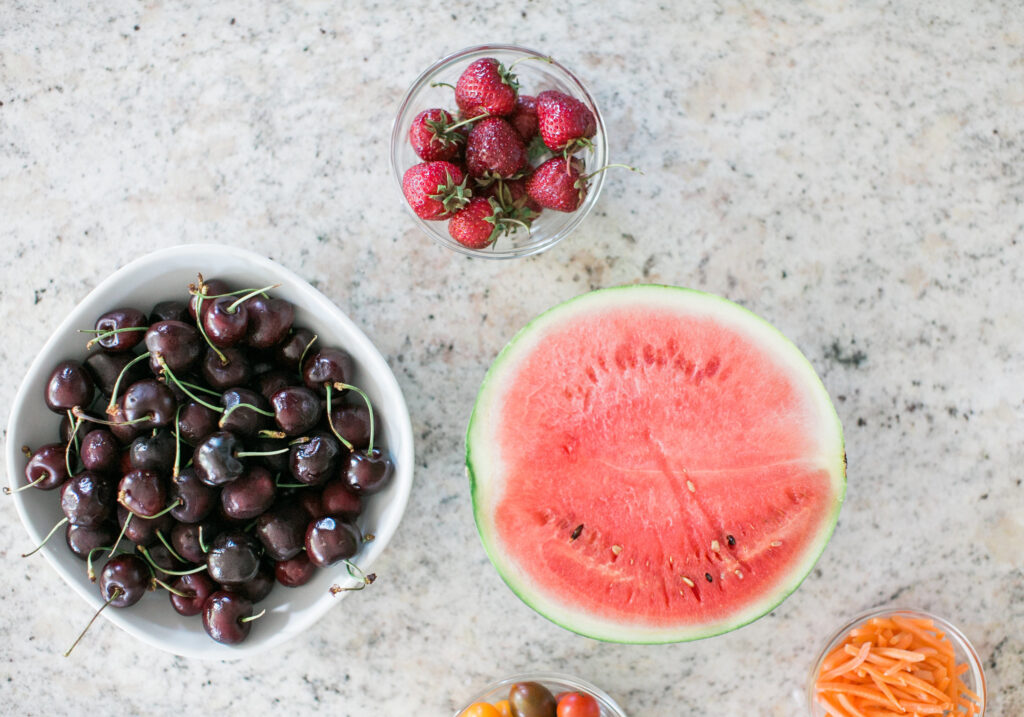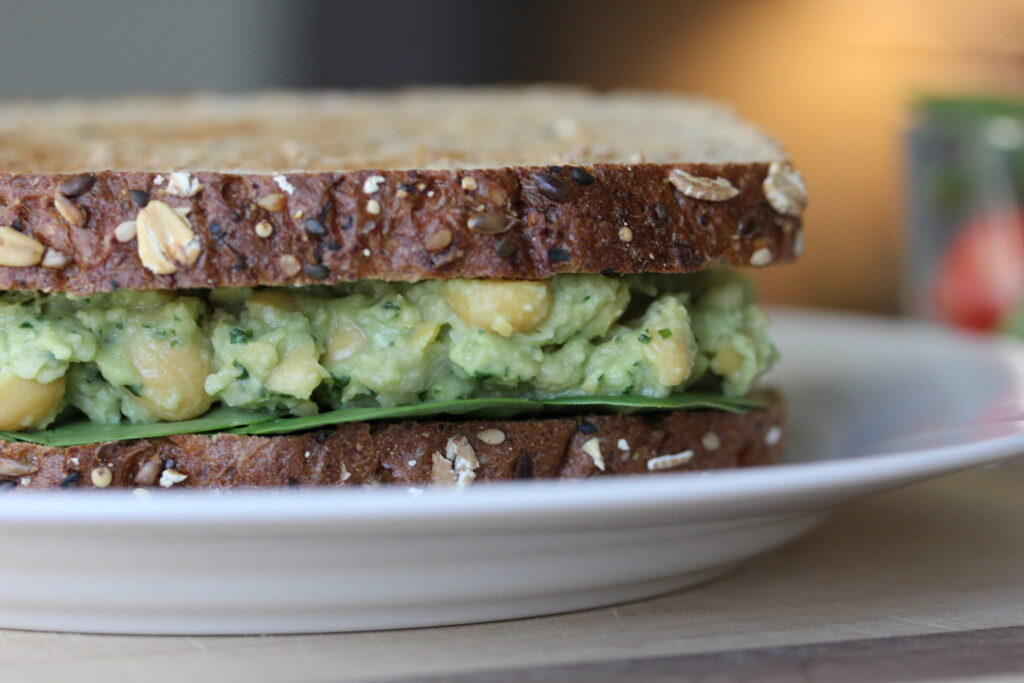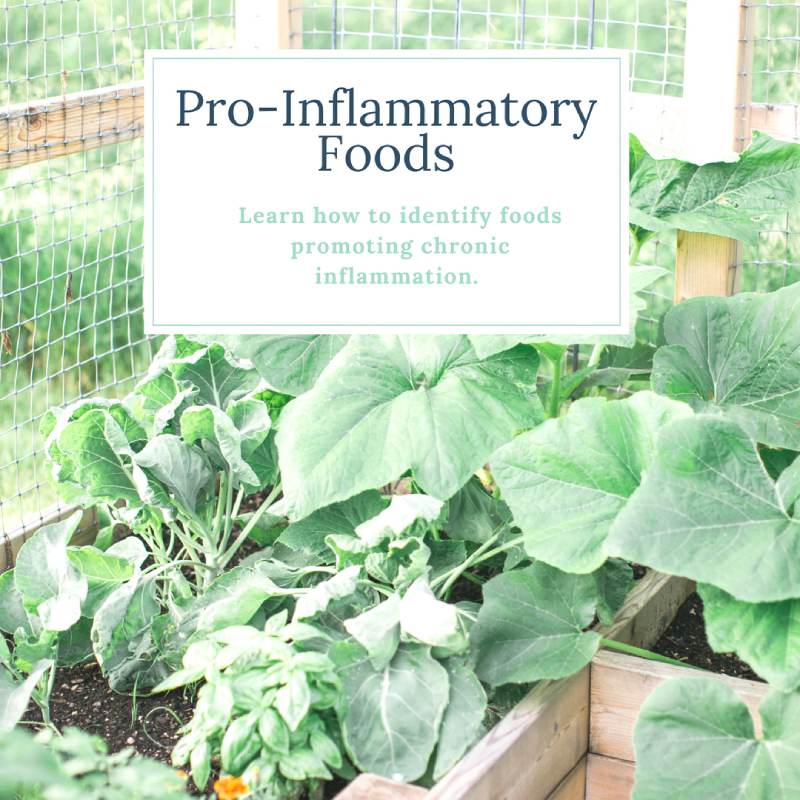Podcast Features
What do you want to learn more about?
Mentorship Program, 1:1 Nutrition Coaching with Alison
The Wholesome Journey - Group Nutrition Coaching Program
July 12, 2018
Alison Tierney, MS, RD, CD, CSO
Alison is a registered dietitian, board-certified in oncology nutrition, and a cancer thriver. Her expertise in oncology nutrition and personal experience with her own cancer diagnosis and its treatment provide her with the unique perspective of being able to relate to her clients on an entirely different level. Her content is consistently focused on evidence-based guidelines and seeks to increase the awareness of the power of nutrition to complement traditional cancer therapies.
- Alison Tierney, MS, RD, CD, CSOhttps://wholesomellc.com/author/alisonwholesomellc-com/
- Alison Tierney, MS, RD, CD, CSOhttps://wholesomellc.com/author/alisonwholesomellc-com/
- Alison Tierney, MS, RD, CD, CSOhttps://wholesomellc.com/author/alisonwholesomellc-com/
- Alison Tierney, MS, RD, CD, CSOhttps://wholesomellc.com/author/alisonwholesomellc-com/
Inflammation.
A word so many of us are already familiar with. And if you aren’t already familiar with it, I have no doubt you will continue to learn and hear more about it.
In our first blog post regarding inflammation, we mentioned acute inflammation is a critical defense mechanism important for healing. And indeed it is. The right kind of inflammation helps damaged cells and fights viruses and bacteria. As a recap, it is important to know, there are two types of inflammation:
Acute Inflammation:
An example is getting a cut on your hand, it bleeds, the surrounding tissue turns red and becomes inflamed. This is your body’s natural response to help heal the cut. This is a critical defense mechanism.
Chronic Inflammation:
This is when inflammation continues and its onset is slow. Typically resulting from poor diet, physical inactivity, overactive immune responses, or invaders to the body which the body cannot get rid of.
Today, we are going to focus more on what can cause chronic inflammation when referring to the diet. Other causes include emotional and physical stress, physical inactivity, hormone imbalance, and environmental factors/toxins.
Chronic inflammation has been identified as the root cause of numerous diseases so many struggle with. Some include, but are not limited to:
High Blood Pressure
High Cholesterol
Inflammatory Bowel Diseases
Metabolic Syndrome
Parkinson’s Disease
… & More
Asthma
Arthritis
Alzhiemer’s
Cancer
Heart Disease
Diabetes

Since here at Wholesome we are passionate about the prevention of chronic diseases like these, you can see why inflammation is such a big topic and cannot be limited to just one blog post! [More to come!]
However, in effort to simplify things, a good way to judge if a food is pro-inflammatory or anti-inflammatory you just need to remember one thing.
FIBER.
Other than ‘inflammation’, have you heard of the gut microbiome? This is another hot topic in the nutrition world lately–and for good reason.
Although fiber is not an essential nutrient (meaning it is not required for us to live) it is crucial to include in the diet for overall health, disease prevention, healthy bowel movements (BMs) [hello discomfort if we aren’t having good BMs!], and more.
Stay with me here…
Fiber is not digested by our body. Instead, it is broken down by b a c t e r i a within our gut microbiome. This good bacteria uses the fiber we eat as fuel and in result creates short chain fatty acids (SCFAs), such as butyrate. Butyrate & other SCFAs are in turn an important energy source for our colonocytes–cells lining our colon. (1)
We feed them. They feed us.

Why do we care about SCFAs like butyrate? Because it decreases i n f l a m m a t i o n (2). This is exactly what we want. Since we know that fiber is what helps decrease inflammation, it can help us better understand which foods are anti- versus pro-inflammatory.
Essentially,
Pro-inflammatory foods = foods without fiber
Anti-inflammatory foods = foods with fiber
What foods do not [naturally] contain fiber? Animal products such as dairy, meat, poultry, and eggs. Additionally, highly processed foods do not contain fiber–even if they are a “vegan” processed food like Oreo cookies.
If you recall our Top 5 Anti-Inflammatory Foods you now may notice all five are fiber containing foods. As my toddler-aged daughter would say, “Tah-dah!” It is no coincidence.
Therefore, to put it simply, foods that naturally contain fiber, such as whole, plant-based foods, decrease inflammation in the body helping to protect us against many diseases caused by chronic inflammation.
Many people ask me, “Alison, is xyz a healthy food for you?” To help you identify the answer, ask yourself these questions:
- Is it a plant-based food?
a. If yes, is it unprocessed? Is it in its whole-food form? (i.e. a potato instead of potato chips?)
i. If yes, you most likely found yourself a healthy food!
2. If no, there is most likely a healthier alternative.
If you only take one thing away from today’s blog post, let it be this:
Whole-plant based foods containing fiber are key to reducing and preventing chronic inflammation.
a l i s o n

References:
(1) A Fechner, K Fenske, G Jahreis. Effects of legume kernel fibres and citrus fibre on putative risk factors for colorectal cancer: a randomised, double-blind, crossover human intervention trial. Nutr J. 2013 Jul 16;12:101.
(2) P V Chang, L Hao, S Offermanns, R Medzhitov. The microbial metabolite butyrate regulates intestinal macrophage function via histone deacetylase inhibition. Proc Natl Acad Sci U S A. 2014 Feb 11;111(6):2247-52.
Pro-Inflammatory Foods
Wholesome LLC is not a medical practice, and its employees cannot offer medical advice. This website provides educational information but it is not a substitute for medical advice from a licensed medical professional who is familiar with your particular facts and circumstances. The information contained on this website is not intended to diagnose, treat, or cure any disease and shall not be construed as medical advice. The information and education on this website is provided for you to use at your own discretion.
You can further review our disclaimer here.
Wholesome
About Alison
Courses & Programs
The Wholesome Journey
Free Resources
FAQs
Press & Media
Recipes
Blog
Contact Us
Shop
© 2025 Wholesome, LLC All rights reserved.
Privacy Policy
Terms of Use
Disclaimer
Mobile Terms of Service